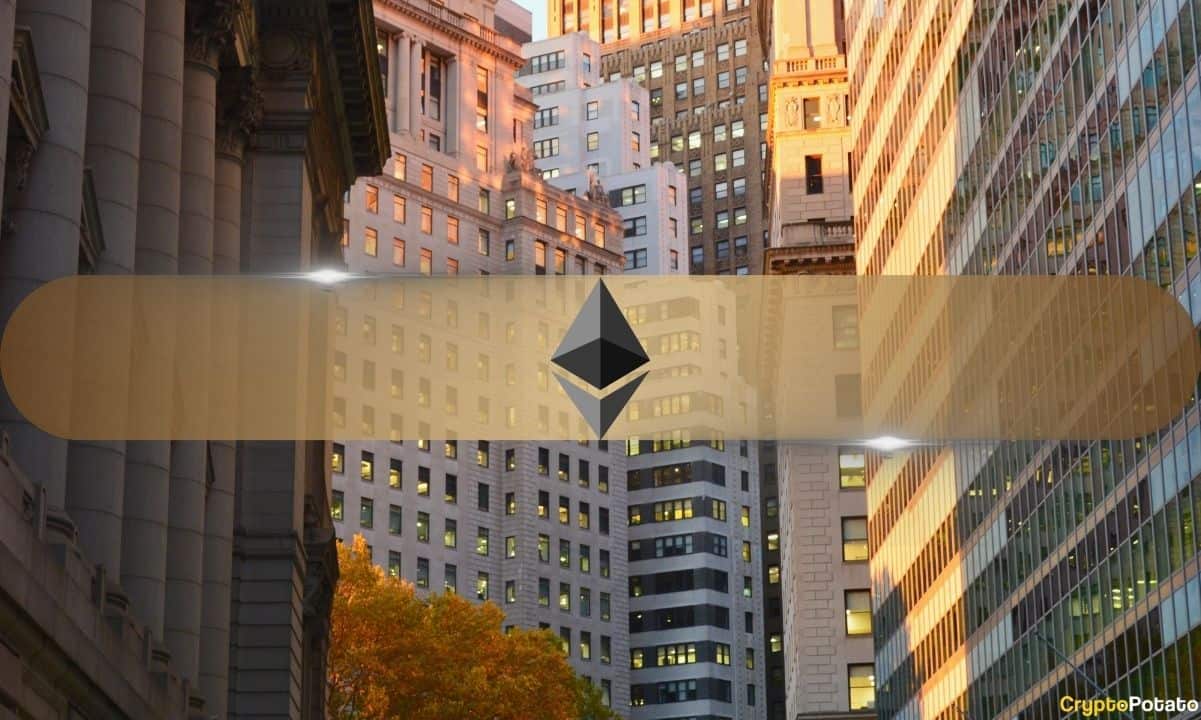
Jan van Eck, CEO of investment management firm VanEck, recently referred to Ethereum as “the Wall Street token” while discussing its significant growth this quarter.
In an interview with Fox News Business this week, van Eck noted that as stablecoins gain popularity, financial institutions require robust infrastructure to manage them.
Ethereum’s Wall Street Moment
van Eck explained that when one person sends stablecoins, the recipient’s bank must either facilitate the transaction directly or rely on another institution. He emphasized that the ultimate beneficiaries of this shift will be the blockchains that facilitate these transactions.
van Eck believes that Ethereum, along with other networks utilizing its Ethereum Virtual Machine (EVM) framework, will play a crucial role in shaping this new financial ecosystem.
“If I want to send you stablecoins, your bank has to figure it out, or you find some other institution to do that. The winner is, who’s going to be building on these blockchains? It’s going to be Ethereum or something that uses Ethereum’s methodology, which is called EVM.”
The regulatory environment for stablecoins has seen significant transformation with the enactment of the Guiding and Establishing National Innovation for US Stablecoins Act (GENIUS Act), signed into law on July 18th this year.
This landmark federal legislation establishes a framework ensuring that stablecoins are transparent, fully supported, and safely incorporated into the US financial system.
Post-Genius
The market’s response to GENIUS was immediate. CryptoQuant recently reported that Binance’s stablecoin reserves jumped from $32 billion to $36 billion shortly after the law’s enactment.
Institutions are ramping up their efforts in this space. Stripe, for instance, enables stablecoin payouts in over 100 countries and is building its own Layer 1 blockchain to manage payment processes. Circle, fresh off a successful IPO, is expanding beyond issuance with its Circle Payment Network (CPN) and a proprietary Layer 1 where USDC will serve as the native asset.
Even traditional financial giants are evolving – Visa has recently launched stablecoin settlement APIs for global payments available around the clock. Competing company Mastercard partnered with OKX and Nuvei earlier this year to facilitate global stablecoin transactions, allowing users to spend from wallets and enabling merchants to accept USDC.
Binance Free $600 (CryptoPotato Exclusive): Use this link to register a new account and receive $600 exclusive welcome offer on Binance (full details).
LIMITED OFFER for CryptoPotato readers at Bybit: Use this link to register and open a $500 FREE position on any coin!

